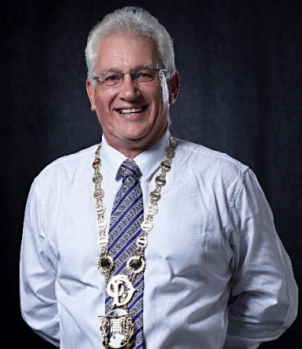Post-pandemic, Australia’s night-time economy has shown substantial growth says a new report.
Released by the Council of Capital City Lord Mayors, the document – Measuring the Australian Night-Time Economy – crunches economic performance data for 2022-23.
It shows sales turnover amongst core night-time retailers in capital cities – including food, drink and entertainment businesses – reached $174 billion during the period, a 19% increase on the previous year.
This reflects the first full-year of recovery from the Covid pandemic which saw businesses face significant impacts of lockdowns and lockouts during that time.
Post-pandemic, Australians were able to “fully re-engage with the night-time economy”, with many participating in social events and staycations, say the report’s authors.
Employment in the sector is also buoyant with night-time businesses employing 1.1 million people, just 1% below pre-pandemic levels.

“Capital city councils are cautiously optimistic about these results,” CCCLM chair Kon Vatskalis says in the report’s foreword.
As the report acknowledges, night-time businesses are facing a number of challenges. Inflationary interest rates and energy costs are affecting consumer spending. Businesses are also facing rising borrowing costs and labour supply limitations. Cost-of-living pressures are straining household budgets, making people think twice before spending.
“Despite these hurdles, the recovery of the night-time economy is a positive sign of progress and resilience,” Vatskalis – also lord mayor of Darwin – said.
The post-pandemic era of consumer behaviour “presents both challenges and opportunities for businesses”, say the report’s authors, “driving night-time businesses to innovate and diversify” to meet changing customer expectations.
To boost night-time trade, city councils have implemented a range of initiatives. These include infrastructure and precinct development, providing new businesses with economic incentives and grants, improving safety and accessibility, supporting events and festivals, and encouraging cultural activities.
Considerable investment in the night-time economy is also emerging at a state and territory level. Listing examples, the report’s authors point to the work of the NSW Office of the 24-Hour Economy Commissioner, Queensland’s recent appointment of a Night Life Economy Commissioner, and the ACT government’s vision for Canberra’s night-life. By fostering innovation, Australia’s night-time economy can be kept “integral to city life”, say the report’s authors.
“The research provides valuable insights that informs future strategies and initiatives aimed at sustaining and enhancing the vibrancy of our cities after dark,” Vatskalis said. “The CCCLM is committed to continuing its support for the night-time economy, recognising its vital role in the social and economic fabric of Australia’s capital cities.”





Leave a Reply